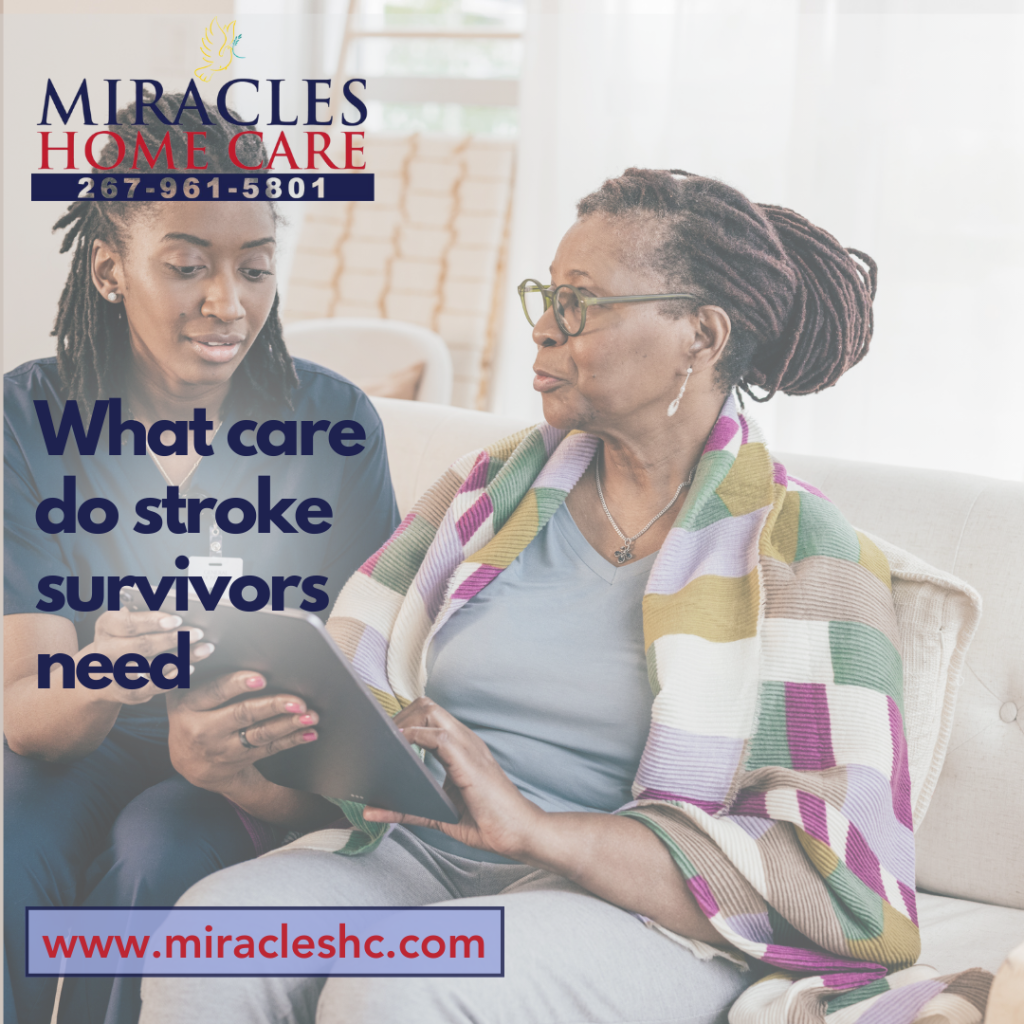Caring for stroke survivors is a multifaceted task that requires both practical assistance and emotional support. Stroke survivors often face a myriad of challenges as they navigate through their recovery journey. From physical impairments to emotional distress, the aftermath of a stroke can be overwhelming. That’s where the support and care provided by caregivers and professionals become invaluable.
Practical help is essential in assisting stroke survivors with their daily activities. Tasks such as shopping, cooking, and managing medication can become daunting for someone who is recovering from a stroke. Simple activities that were once taken for granted may now require assistance or modification. Caregivers play a crucial role in ensuring that these tasks are taken care of efficiently, allowing the stroke survivor to focus on their recovery without added stress.
Moreover, stroke survivors often require assistance with communication and cognitive tasks. Aphasia, a common language disorder following a stroke, can make it challenging for individuals to express themselves or understand others. Caregivers can help facilitate communication by employing various techniques such as visual aids, gesture interpretation, or speech therapy exercises. Additionally, assistance with reading, writing, and comprehension can significantly aid in the rehabilitation process.
Emotional support is equally important for stroke survivors and their caregivers. The emotional toll of experiencing a stroke and coping with its aftermath can be immense. Feelings of frustration, sadness, and anxiety are common among survivors as they adjust to their new reality. Caregivers provide a source of comfort and reassurance, offering a listening ear and empathetic support during difficult times. Regular check-ins, meaningful conversations, and encouragement can make a world of difference in boosting morale and fostering resilience.
Motivation is another key aspect of stroke recovery. Many survivors may struggle with feelings of hopelessness or lack of motivation, especially during the initial stages of rehabilitation. Caregivers can serve as cheerleaders, encouraging survivors to stay committed to their therapy and lifestyle changes. By providing positive reinforcement and celebrating milestones, caregivers help instill a sense of purpose and determination in the recovery process.
At Miracles Home Care, we understand the challenges faced by stroke survivors and their caregivers. That’s why we offer comprehensive home care services designed to meet the unique needs of each individual. Our team of skilled professionals dedicates themselves to providing compassionate care and support, enabling you to focus on your recovery journey in the comfort of your own home.
Located in Philadelphia, Pennsylvania, our Home Care services are tailored to enhance your quality of life and promote overall well-being. Whether you require assistance with daily activities, rehabilitation support, or emotional companionship, we are here to help. With Miracles Home Care by your side, you can navigate through the challenges of stroke recovery with confidence and dignity.
CONTACT US :
Email: [email protected]

